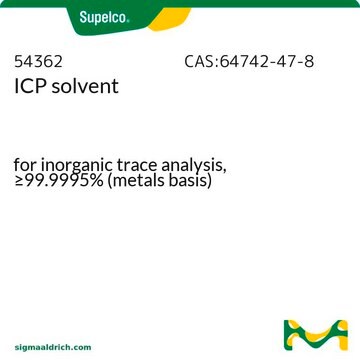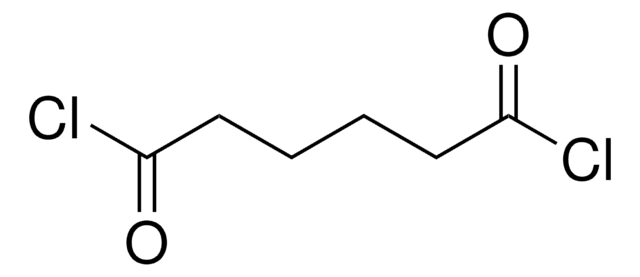71997
Borax Anhydrous
BioUltra, anhydrous, ≥99%
Synonym(s):
Sodium tetraborate
About This Item
Recommended Products
Quality Level
product line
BioUltra
Assay
≥99%
form
crystals
impurities
insoluble matter, passes filter test
loss
≤1% loss on drying, 20 °C (HV)
pH
9.0-10.5 (25 °C, 0.1 M in H2O)
solubility
H2O: 0.1 M at 20 °C, clear, colorless
anion traces
chloride (Cl-): ≤10 mg/kg
phosphate (PO43-): ≤20 mg/kg
sulfate (SO42-): ≤50 mg/kg
cation traces
Al: ≤5 mg/kg
As: ≤0.5 mg/kg
Ba: ≤5 mg/kg
Bi: ≤5 mg/kg
Ca: ≤50 mg/kg
Cd: ≤5 mg/kg
Co: ≤5 mg/kg
Cr: ≤5 mg/kg
Cu: ≤5 mg/kg
Fe: ≤5 mg/kg
K: ≤50 mg/kg
Li: ≤5 mg/kg
Mg: ≤5 mg/kg
Mn: ≤5 mg/kg
Mo: ≤5 mg/kg
Ni: ≤5 mg/kg
Pb: ≤5 mg/kg
Sr: ≤5 mg/kg
Zn: ≤5 mg/kg
λ
0.1 M in H2O
UV absorption
λ: 260 nm Amax: ≤0.020
λ: 280 nm Amax: ≤0.015
SMILES string
[Na+].[Na+].[O-]B1Ob2ob([O-])ob(O1)o2
InChI
1S/B4O7.2Na/c5-1-7-3-9-2(6)10-4(8-1)11-3;;/q-2;2*+1
InChI key
UQGFMSUEHSUPRD-UHFFFAOYSA-N
Looking for similar products? Visit Product Comparison Guide
Legal Information
Signal Word
Danger
Hazard Statements
Precautionary Statements
Hazard Classifications
Eye Irrit. 2 - Repr. 1B
Storage Class Code
6.1D - Non-combustible acute toxic Cat.3 / toxic hazardous materials or hazardous materials causing chronic effects
WGK
WGK 1
Flash Point(F)
Not applicable
Flash Point(C)
Not applicable
Personal Protective Equipment
Choose from one of the most recent versions:
Already Own This Product?
Find documentation for the products that you have recently purchased in the Document Library.
Customers Also Viewed
Our team of scientists has experience in all areas of research including Life Science, Material Science, Chemical Synthesis, Chromatography, Analytical and many others.
Contact Technical Service








